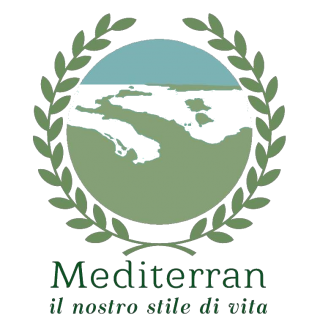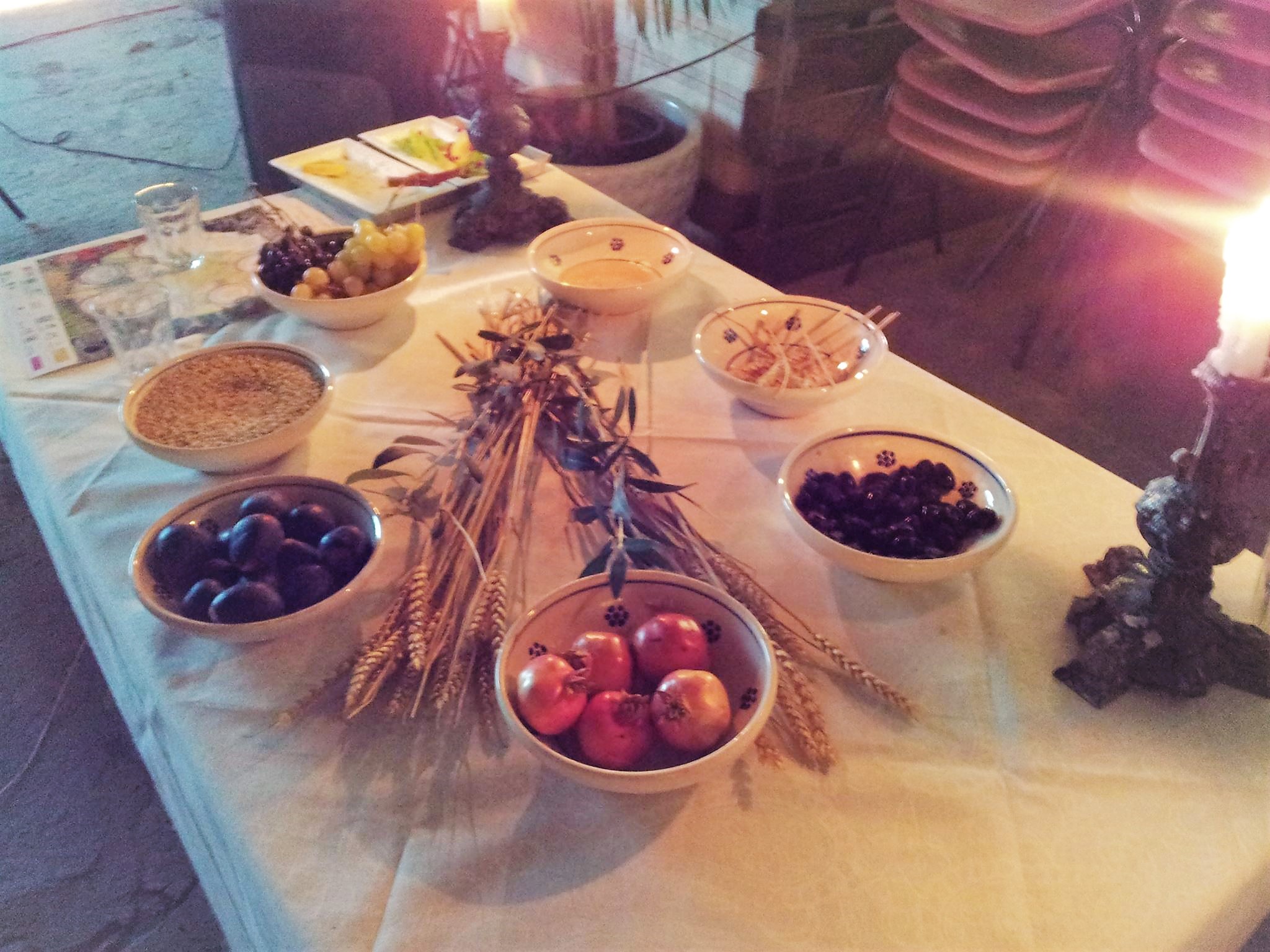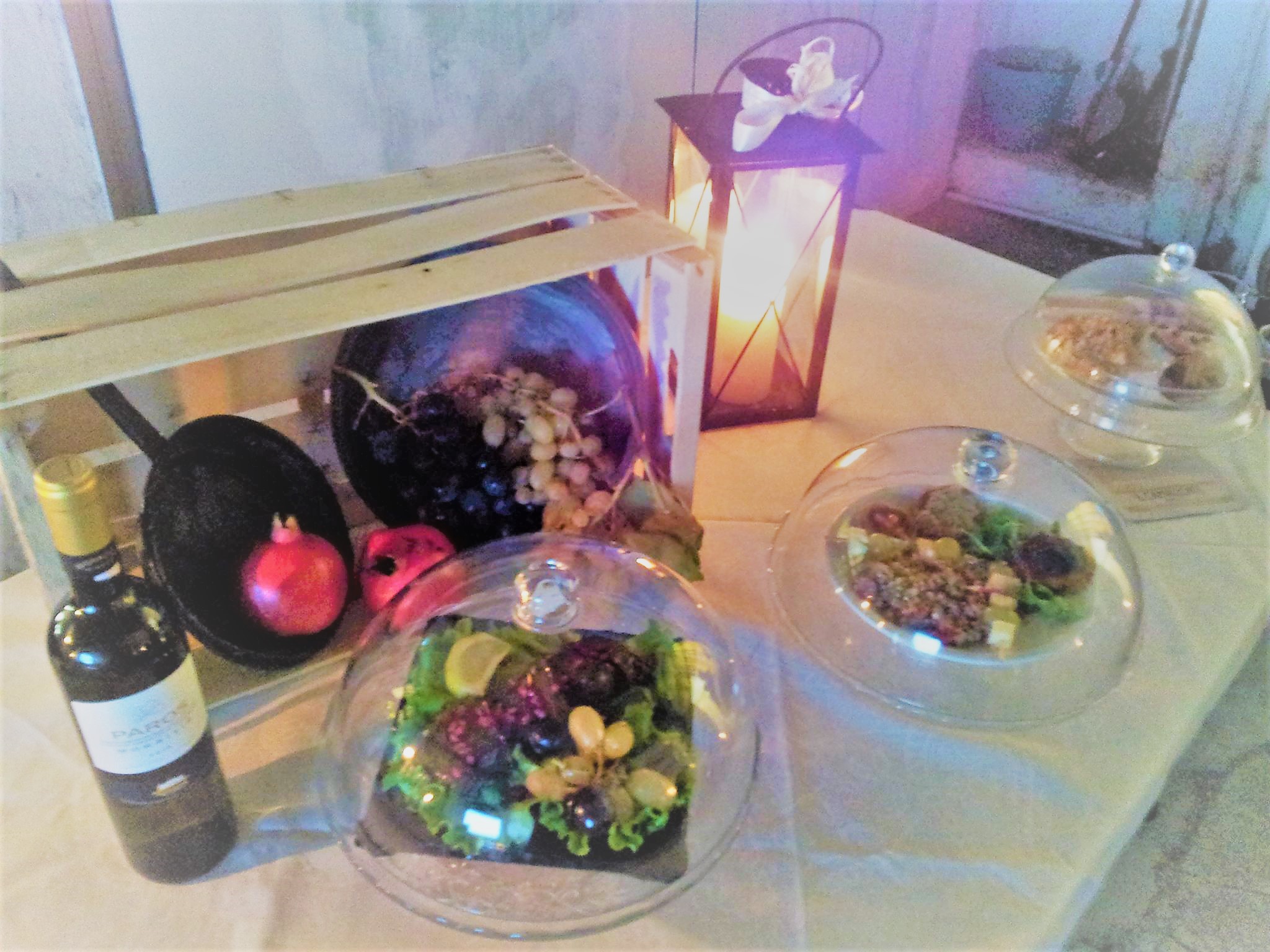It engages in activities that promote good governance of the Mediterranean region and food education. Against restrictive nutritional models, against disorders caused by resulting dietary imbalances, to rediscover the secrets of Mediterranean cuisine, its flavors, and pleasures. Because pleasure, health, beauty, and harmony should not be an exclusive "luxury" of commercial power, dictated by dominant social models: but our most "intimate" right to health.
Restrictive diets and cognitive dietary restrictions, intended to control our pleasures, also damage our health. Instead, a healthy and natural enjoyment of food brings us health as a gift: thanks to its conviviality. Against the "religion of the body" that reduces humans to commodities, transforming our lifestyle into an idolatry of beauty. The trend of the orthorexia food liturgy, celebrated as a path to purity, in service of a new Divinity.
Our Festival
Where the biocultural diversity of an intangible heritage, with equal Jewish, Christian, and Muslim origins, contributed to the birth of the Mediterranean Renaissance. Later illuminating continental Europe and the courts of the entire world: in the universal elevation of the common good of humanity.
Why a Mediterranean Cuisine Festival
The biodiversity of the Mediterranean basin is second in the world, only after the Amazon. From this perspective, the Mediterranean can be considered one of the greatest museums in the world, as it alone holds: a quarter of the cultural and natural sites listed by UNESCO as World Heritage Sites.
An International Message Encapsulated in Our Festival
Europe, which through the current socio-economic crisis is reducing Italy and France, its founding members, to secondary roles. Within a European Union that now views Portugal, Greece, and Spain as peripheral satellites of lesser importance.
“The Mediterranean Diet deserves to be increasingly considered as a political tool. For a new socio-economic development model for the Mediterranean Region: given its new strategic dimension for agriculture, fisheries, the environment, food security, nutrition, sustainable development, environmental risks, and climate change. Its land management model – with a low ecological footprint – raises questions about socio-economic, cultural, and environmental responsibilities, and the need for joint political action in this strategic region of the world. To restart precisely from the Mediterranean – the epicenter of international disorder – and to rebuild a common future. For a new model of global society. For a reconciliation between the North and the South of Europe, the Mediterranean, and the World.”











